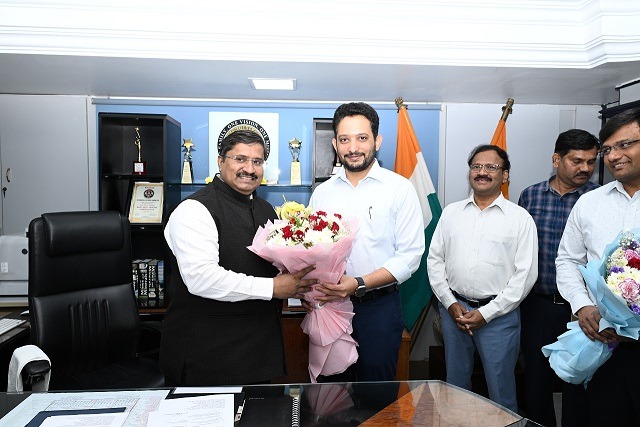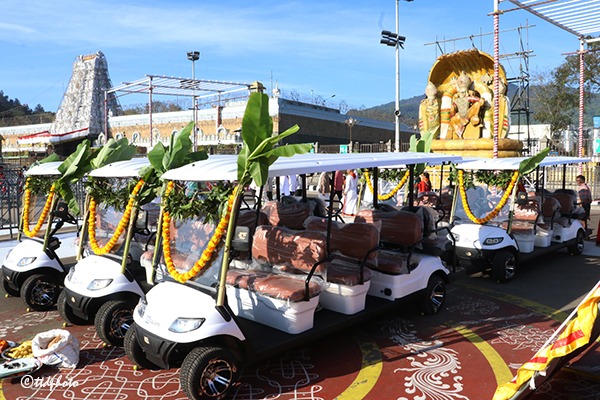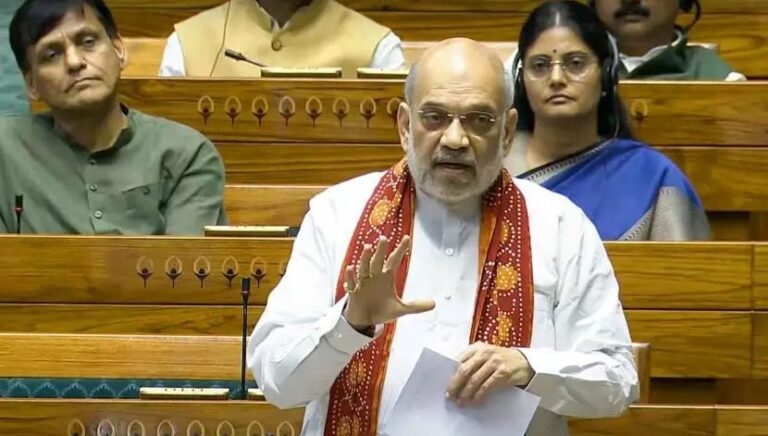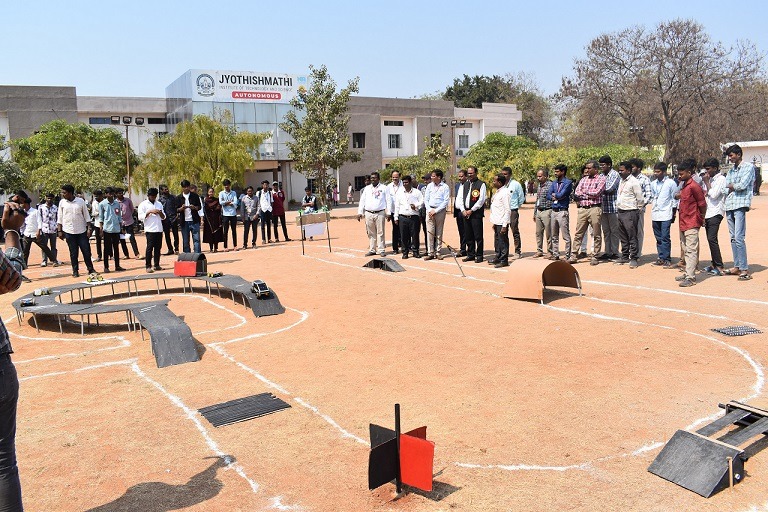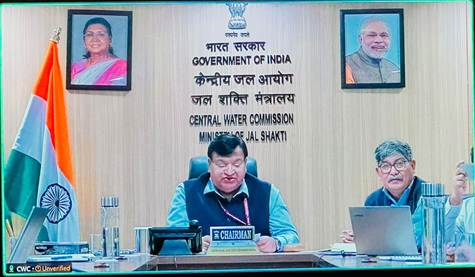
States Shared Best Practices on “Technology for Efficient Water Management” from Karnataka, Madhya Pradesh, Odisha, Maharashtra, Rajasthan, Haryana and NRSC Hyderabad, along with five grassroots-level gram panchayat and Water User Association members all the way from Leh to Tamil Nadu and remote villages of Arunachal Pradesh and Odisha
NEW DELHI, SEPTEMBER 24, 2025: In alignment with the vision of Prime Minister of India Narendra Modi, to bring grassroots perspectives into national policy, a series of six Departmental Summits has been conceptualised. These summits are being organised to gather feedback on the implementation and impact of national and state-level policies from the field. Anchored by the Ministry of Jal Shakti (MoJS) and coordinated by NITI Aayog, the “Sujalam Bharat” Summit focuses on water management.

As part of the Sujalam Bharat Summit, the Central Water Commission (DoWR, RD & GR), under the Ministry of Jal Shakti, organized a virtual workshop on the theme of “Technology for Efficient Water Management“. The workshop,held today featured presentations from selected states and grassroot level workers like gram panchayat and Water User Association members all the way from Leh to Tamil Nadu and remote villages of Arunachal Pradesh and Odisha, as well as from organizations like NRSC, Hyderabad.
The workshop was chaired by Atul Jain, Chairman, CWC together with key speakers, including Yogesh Paithankar, Member (WP&P), CWC, and Ms. Archana Verma, AS & Mission Director, National Water Mission (NWM) and attended by State Nodal Officers from States/UTs, sector experts, and representatives from different sectors related to water management.
In her opening remarks, Archana Varma, ASMD- NWM set the context of the meeting, emphasizing that six sectoral thematic conferences are being convened under the guidance of the Prime Minister to elicit grassroots-level inputs for shaping national and state-level policies. She underlined that contributions from all stakeholders are essential for adoption and implementation of efficient water management technologies.
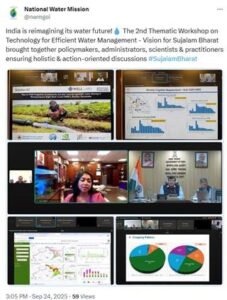

Yogesh Paithankar, Member (WP&P), CWC in his context setting presentation highlighted implementing strategies for water demand management to reduce stress on freshwater resources. The workshop addressed this key strategy by focusing on the promotion and scaling of technologies for efficient water management. Key aspects of this theme included:
- Agricultural Efficiency: Scaling up technologies like micro-irrigation systemsin canal and groundwater-irrigated areas, and improving on-farm water efficiency. The CWC is also promoting precision agriculture for climate resilience and encouraging crop diversification towards drought-resistant and low water-intensive crops.
- Modernization and Automation: CWC is prioritizing the modernization of tertiary canal distribution systems and promoting the use of Remote sensing and Artificial Intelligence (AI) in water management. This includes applications in water resources planning, enhancing conveyance efficiency, optimizing distribution, detecting leaks, and monitoring water quantity and quality across agricultural, domestic, and industrial sectors
- Water Conservation and Accounting: The theme also covered the promotion of water-efficient appliances for homes and industries, monitoring bulk water supply, and reducing non-beneficial water losses. A key focus is on water accountingto enable informed decision-making on water allocation and soil moisture (green water) conservation in agriculture.
The workshop featured detailed presentations from Karnataka, Madhya Pradesh, Odisha, Maharashtra, Rajasthan, Haryana and NRSC Hyderabad. The presentation showcased innovative models and community-led approaches. These ranged from efficient technologies for water management to panchayat-led initiatives, reflecting diverse experiences across the country.
In his concluding remarks, Shri Atul Jain, Chairman of the Central Water Commission, reminded the group that water management was not just about building infrastructure or implementing new gadgets. He emphasized that the ‘Technology for Efficient Water Management’ initiative is a holistic approach aimed at ensuring water security for the nation.

